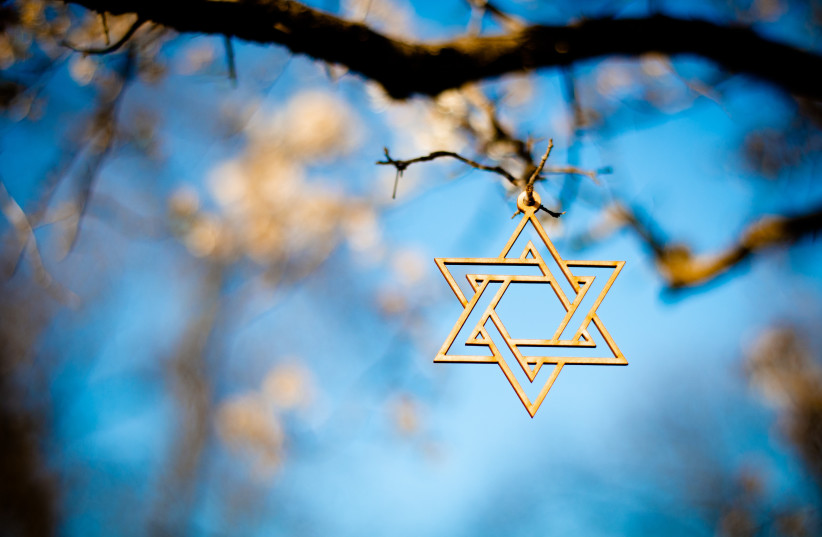As we are now in the Ten Days of Repentance leading up to Yom Kippur, it causes one to ponder our real expectation for our lives during the coming year.
Traditionally the period has been one of introspection about past deeds, asking forgiveness from God for those “sins” committed during the year, and asking forgiveness of fellow human beings for causing hurt, hurling insults or doing other negative things to another. In addition, the tradition continues to teach that forgiveness for all of this is reachable, if the introspection and apologies are sincere. In the case of sins against God, the repentance has to be accompanied by a decision to change our ways. When it comes to human beings however, those we offended must be ready to forgive if our desire to be forgiven is genuine.
The question facing us this year (and which seems to get more challenging each year) is: can forgiveness exist in an unforgiving world? After all, we live in a world where what someone may have done or said with little malice of forethought 30 or 40 years ago now comes back to haunt that person regardless of how small or relatively insignificant the earlier “infraction” may have been.
We have all seen enough cases of someone uncovering, say, a college essay of a political figure written 50 years previously, but is now seen as impugning the reputation of that person today to the point where the individual has no choice but to resign from the professional position that he or she may hold. In such cases, the accusers are saying there is no possibility of forgiveness, people cannot grow and maturity cannot be achieved. Further, what the person said at age 21 is prima facie evidence of an unalterable bias or prejudice. All that in the face of sociological studies which prove beyond a shadow of a doubt that people can indeed grow and mature as their personalities further develop into mature adulthood.
Much of this, of course, is a result of the emergence of the “woke” society and its online enabler, “cancel culture.” Together, they form a one-two punch that rolls together presumed guilt, a trial in the cybersphere without due process coupled with a jury of millions, if not tens of millions, for which the defendant has no rights. In the old days, we called this totalitarianism.

Fortunately, Judaic tradition gives us another path. Judaism values machloket l’shem shamayim, disagreement in the name of heaven. However, the literal translation does not do the concept justice. The underlying concept is that everyone’s opinions are valued and everyone’s opinions need to be heard, and while one opinion may ultimately be the one that is followed, that does not mean that the other opinions were invalid. It simply means that one opinion carried the day into the operational phase of follow up.
This is the antidote to the “woke” society which shows us the way for people to disagree and yet continue to respect each other. In this framework, forgiveness becomes possible because mutual respect of one for another is the bedrock of the relationship between any two people. This is how a society that has become unforgiving can rescue itself and, once again, become a forgiving society in which everyone thrives, even those with whom we disagree.
Let us hope that as we are about to enter the year 5782 in the Jewish calendar, that all of us will take upon ourselves to do our part to recreate the forgiving society that must surely exist if civilization is to survive and prosper.
Ketiva v’Chatima Tova. May we all be inscribed and sealed in the book of life for the coming year, a forgiving life in a rebuilt forgiving society.
The author is a 37-year resident of Jerusalem and CEO of Atid EDI Ltd., a Jerusalem-based international business development consulting firm. He is president of Congregation Ohel Nechama, past national president of the Association of Americans and Canadians in Israel and the immediate past chair of the Israel Board of the Pardes Institute of Jewish Studies.
